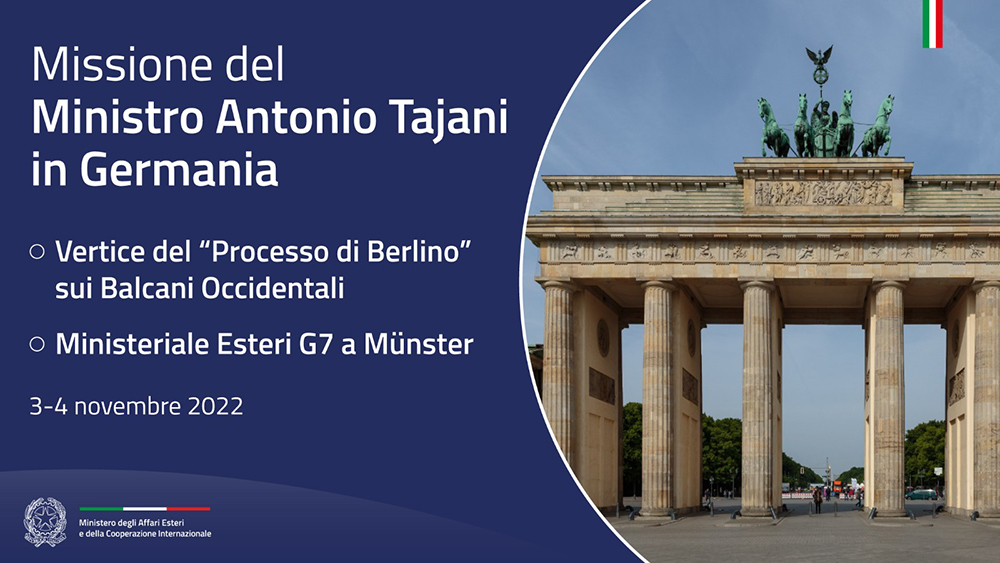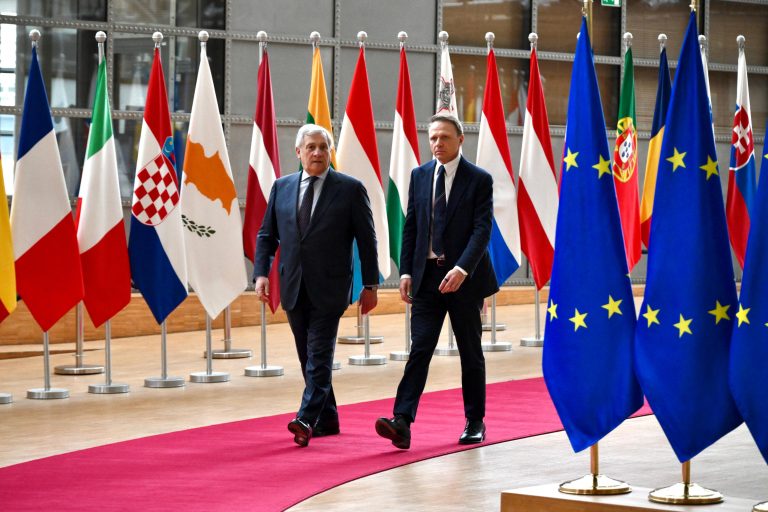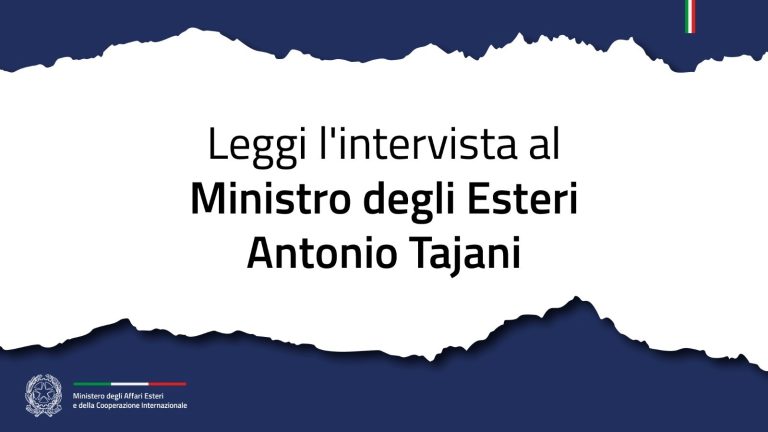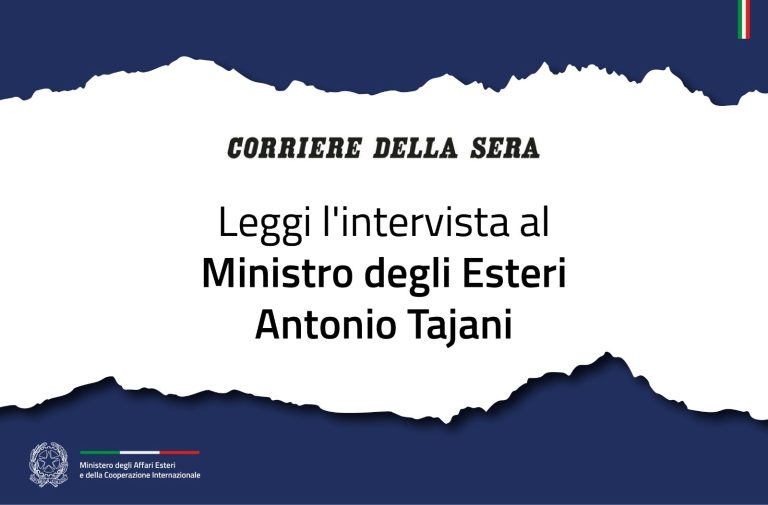Deputy Prime Minister and Minister of Foreign Affairs and International Cooperation, Hon. Antonio Tajani, will be in Berlin on the morning of 3 November to attend the Ninth Berlin Process Summit for the Western Balkans and in Münster in the afternoon of the same day and on 4 November to attend the G7 Foreign Ministers Meeting.
The Berlin Process, launched in 2014 at the initiative of the then German Chancellor Angela Merkel, aims to foster regional cooperation in the Western Balkans and to support the region’s European prospects. The Summit of the Heads of State and Government of the 16 Member States of the Berlin Process will be chaired by Federal Chancellor Olaf Scholz and will consist of two working sessions. Minister Tajani was delegated to attend the Summit by the Prime Minister and will speak at the session on regional cooperation and the establishment of a Common Regional Market in the Western Balkans..
In the afternoon, Minister Tajani will travel to Münster to participate in the second formal meeting of the G7 Foreign Ministers organized under the rotating presidency of Germany. The meeting’s agenda will focus on the Russian aggression against Ukraine, relations with Africa, the Indo-Pacific region, Central Asia, and Iran.
Regarding the war in Ukraine, the Foreign Ministers will firstly assess recent developments on the ground, with particular reference to the risks of escalation, also nuclear, and the international consequences of Russia’s decision to suspend its participation in the initiative to export grain from Ukrainian Black Sea ports. While reaffirming their continuing support for a “just peace” in accordance with the principles of the UN Charter and with Ukraine’s sovereignty and territorial integrity, as well as their common willingness to pursue every serious and credible channel of dialogue to achieve such a solution, the G7 Foreign Ministers will also discuss military and financial support to Ukraine and its reconstruction.
The issue of relations with Africa will be addressed with some of the leading national and regional representatives of the African continent with a focus on the Sahel, the Horn of Africa and the Great Lakes region, three areas of strategic interest for Italy in terms of security, migration and humanitarian aid. The session will also discuss the main strategic challenges facing the G7 and Africa, with a special reference to food and energy security, democratic resilience, climate crisis and post-pandemic recovery.
The session on the Indo-Pacific region will enable foreign ministers to address the issue of relations with China, cooperation with ASEAN countries, and the relaunching of the partnership with Pacific island small states, with the aim of keeping the Indo-Pacific a “free and open” space.
Ministers will also address the situation in Iran in light of the regime’s unacceptable crackdown on peaceful protests. Central Asia will also be the focus of discussions considering the region’s growing relevance, with special attention to regional stability, infrastructure and connectivity, energy and climate.
On the sidelines of the Münster meeting, Minister Tajani is scheduled to hold some bilateral meetings with his counterparts.






